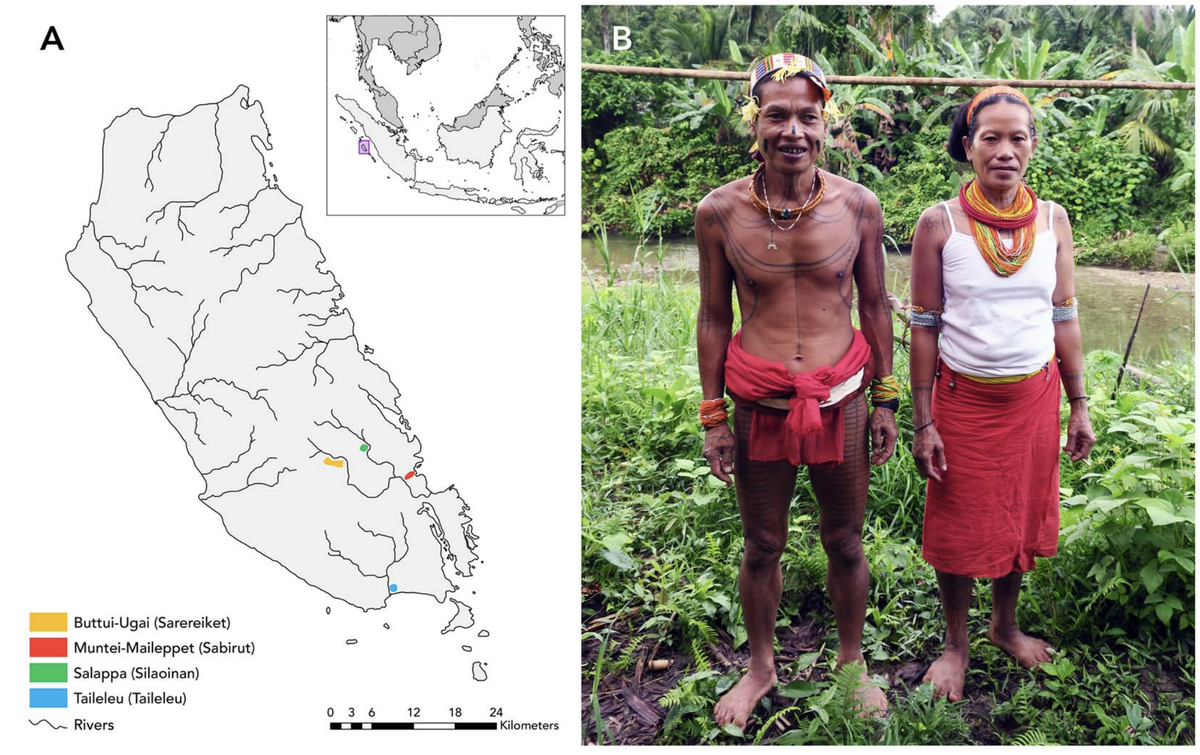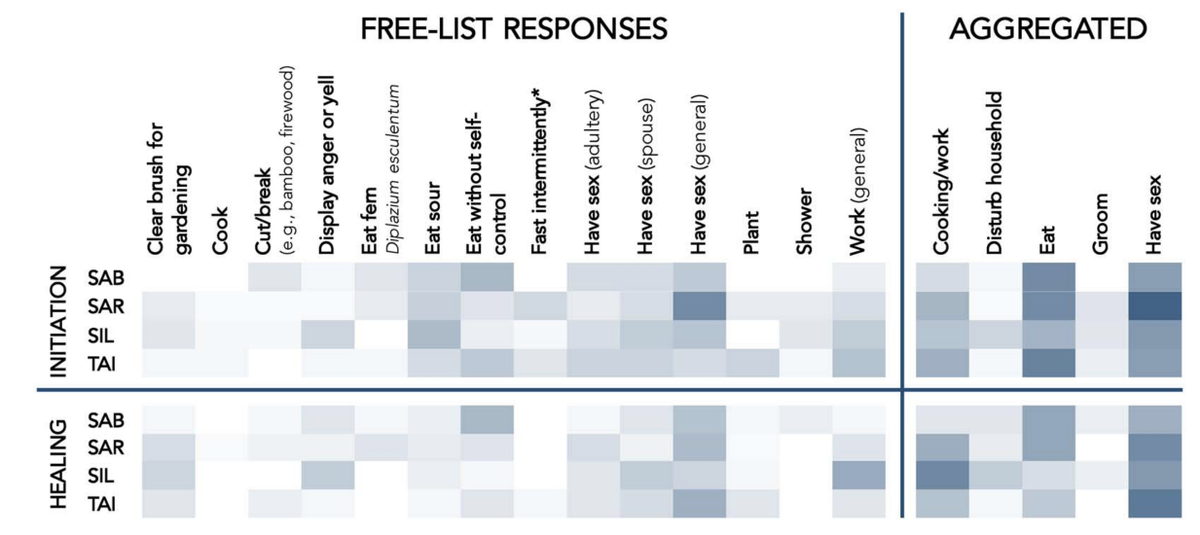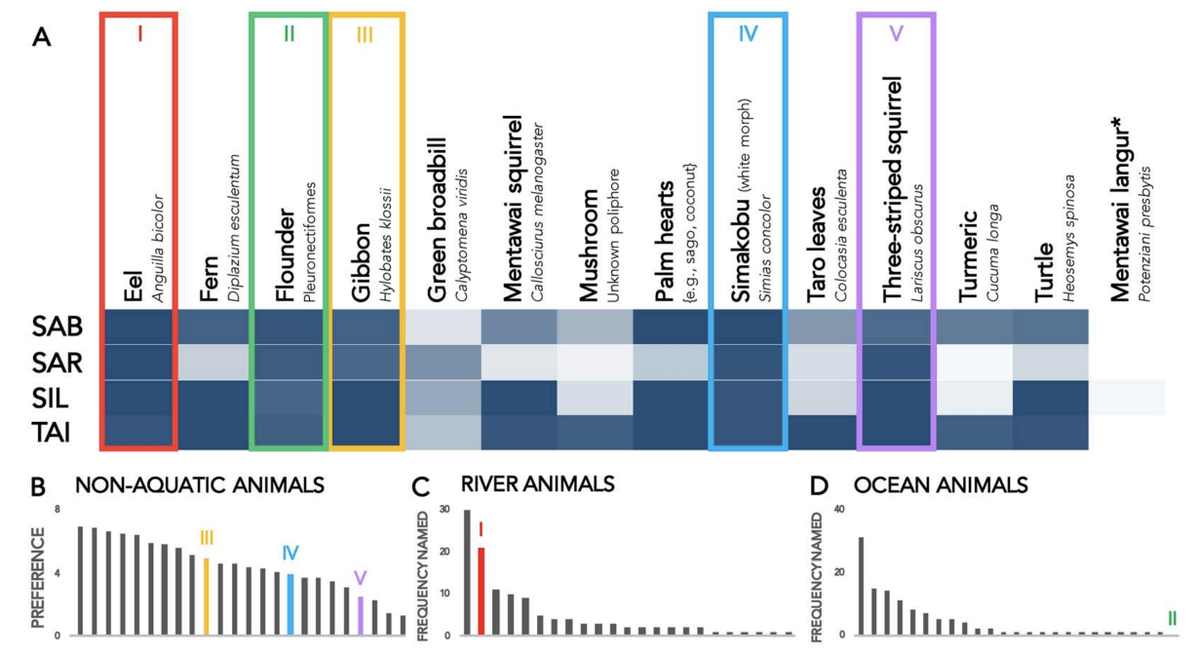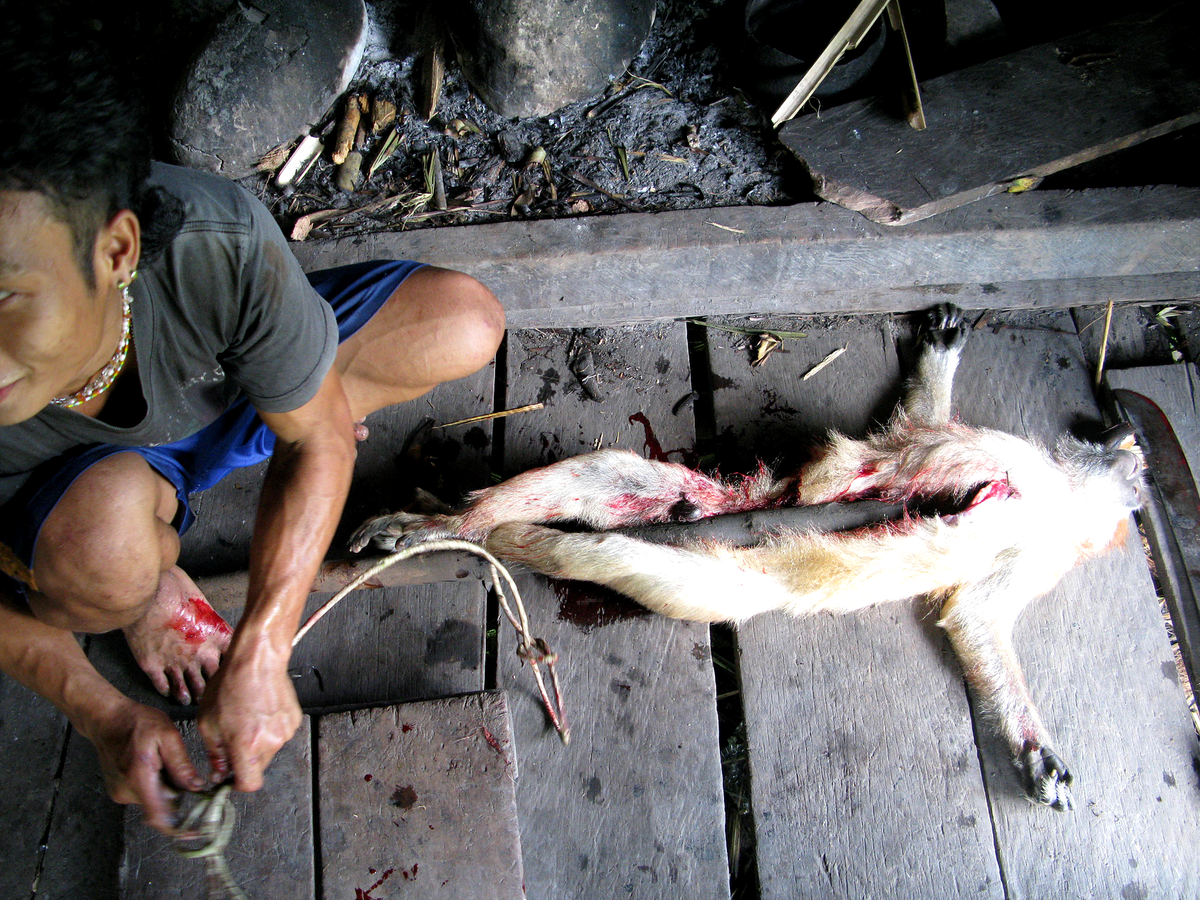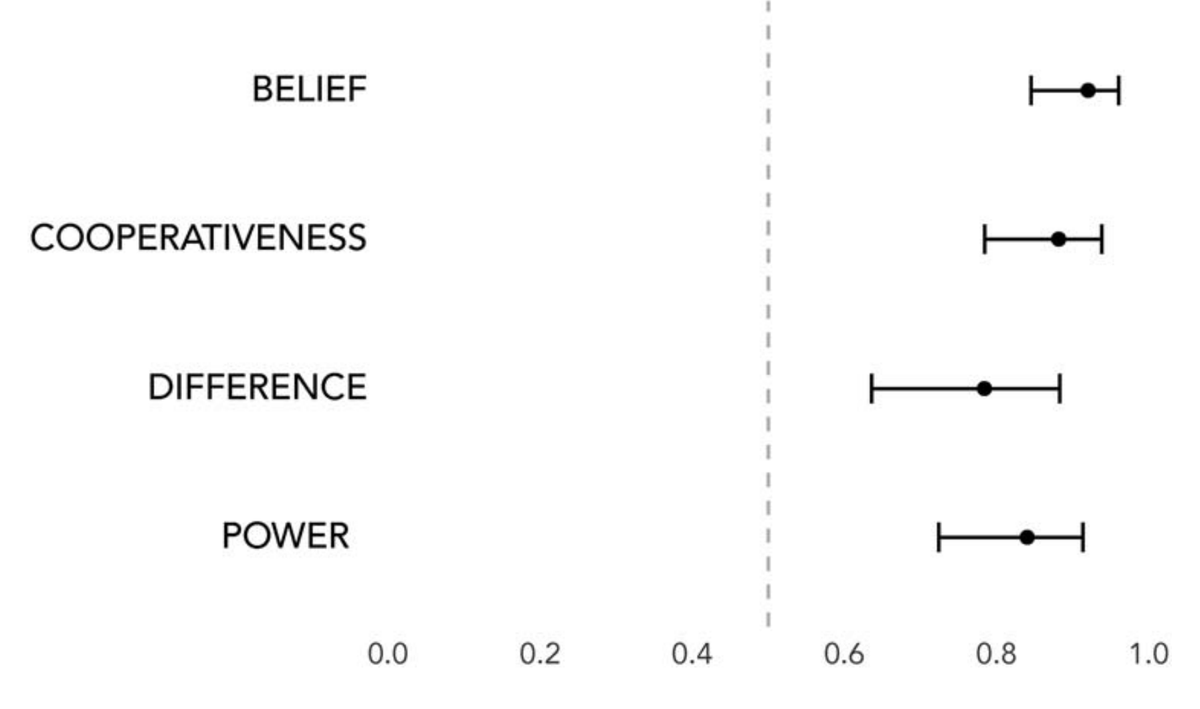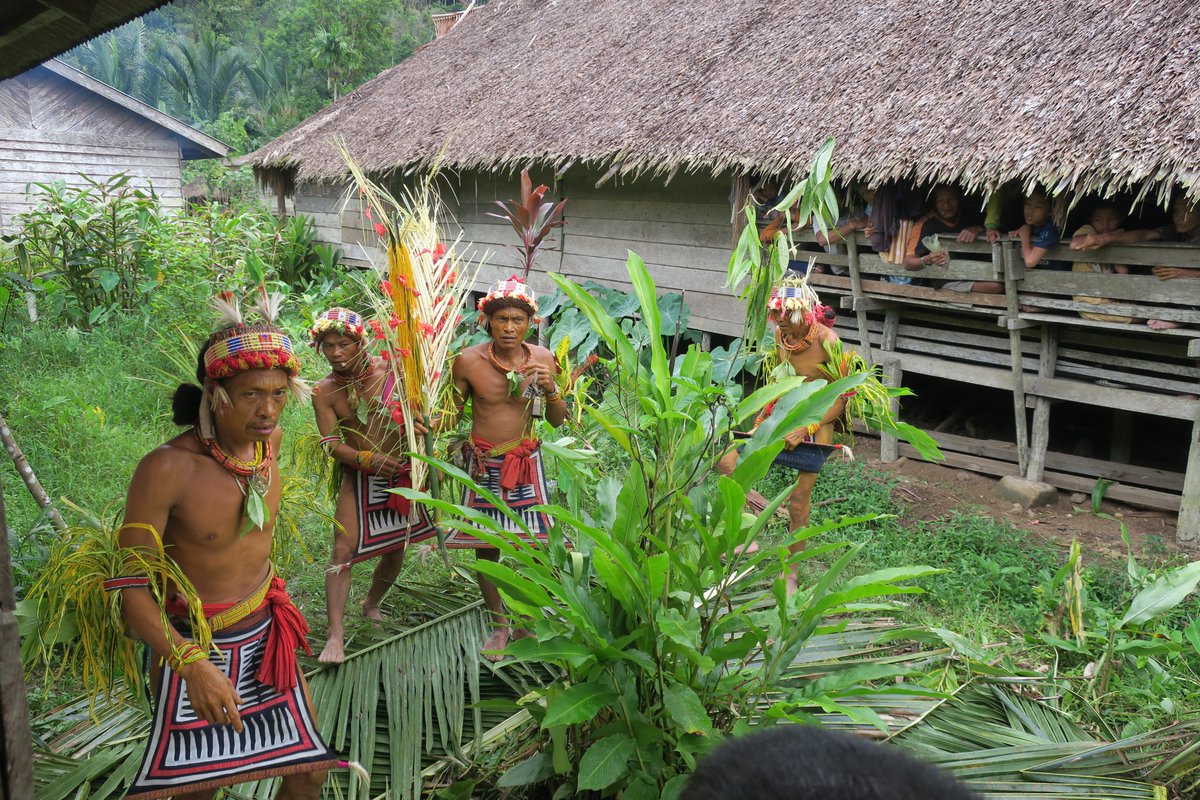Why do priests, shamans, and other religious leaders deny themselves food and sex? To answer this question, @JoHenrich & I combined ethnography & field experiments to study taboos on Mentawai shamans in Indonesia. Our paper is out @Journal_EHS! Here’s what we found:
1. Across 4 regions of Siberut Island in Indonesia, Mentawai shamans are prohibited from hedonic activities: They can’t have sex & must fast during initiation & healing ceremonies. These taboos seem clearly costly.
2. Shamans are also permanently tabooed from eating certain animals—particularly, gibbons, white simakobu monkeys, eels, flounders, & Mentawai squirrels. We found that costliness is orthogonal to whether an animal is tabooed; instead what seems important is that they're strange.
3. We considered 3 hypotheses for why shamans observe these prohibitions: (1) They’re signaling cooperativeness; (2) They’re demonstrating belief in a religious system; and (3) Self-denial makes them seem different and more supernaturally powerful.
To test these hypotheses, we used an experiment to look at Mentawai ppl’s inferences about tabooed shamans. We found support for all 3 hypotheses: People saw self-denying shamans as more cooperative, greater believers, different from normal humans, & more supernaturally powerful.
The take-away? Ppl stress how costly religious actions signal cooperativeness. But our work suggests they might also promote perceptions of power & credibility, especially as shamans compete for clients or leaders vie for followers.
Free download here: http://dx.doi.org/10.1017/ehs.2020.32
Free download here: http://dx.doi.org/10.1017/ehs.2020.32

 Read on Twitter
Read on Twitter